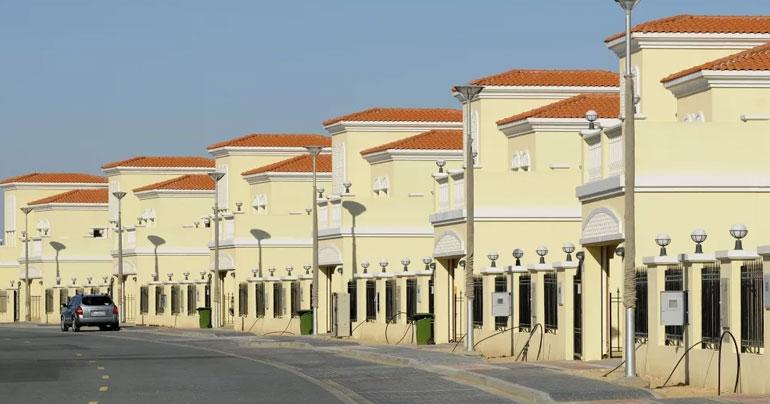Expat visa ban forced rent cuts in Oman: Analysts
Muscat: A leading property development expert in Oman has predicted that although the Sultanate’s visa ban on foreign workers has impacted property prices in the country, things are looking up in the long-term.
Cluttons, one of the world’s foremost real estate management and development companies, has said that rents dropped due to the Ministry of Manpower’s decision to place a six-month visa ban on foreign workers in certain key sectors entering Oman, causing lower demand for housing in several areas of the nation.
In Muscat, rental rates in Azaiba, Al Ghubra North, Muscat Hills and Madinat Sultan Qaboos all dropped, while Bausher, Shatti Al Qurum and Qurum all recorded rises in rental fees. Overall, however, there was a 1.1 per cent decrease in average rental rates from January to March 2018.
“Even in a market that has faced uncertainties and setbacks in the form of a demand slump following the shock oil price rout four years ago, there are still occupiers who are drawn to high quality buildings and are committed to upgrading space,” commented Matthew Wright, Head of Consultancy and Industrial at Cluttons Oman.
“However, if we continue to see gains in oil prices, the economy will continue to be driven upwards, ultimately boosting the residential market, particularly in terms of demand,” he added. “In testing times, landlords’ primary aims should be to generate demand and drive occupancy rather than achieving the highest rental values.”
Office rents continue to remain relatively stable, with rents in the other parts of the city also showing a similar trend.
However, one of the reasons for a predicted upswing in property demand in Oman is the rapid expansion and development of the tourism sector, which is in keeping with the Sultanate’s Tanfeedh plans for economic diversification. According to a recent report by the World Travel and Tourism Council, Oman has been ranked 18th in the world for the potential it offers in tourism growth up to the year 2028.
In addition, the government also recently rubber-stamped its decision to create a Real Estate Investment Fund (REIF) to further expand Oman’s sources of income.
Faisal Durrani, Head of Research at Cluttons, said: “The increased ability of both institutions and individuals to invest in income-generating real estate assets has the potential to provide a significant boost to the real estate sector in Oman, particularly since the regulations require that at least 75% of the Real Estate Investment Fund (REIF) assets must be invested in the Sultanate. This would further open up opportunities to a significantly wider market interested in investing in real estate at low entry price points. The REIFs law may well provide the impetus needed by developers to shift their strategic development focus from local to global.
According to Cluttons, the projected increase in tourist arrivals is expected to be supported through the successful opening of the new terminal at Muscat International Airport in March, which has made entering and exiting Oman a more pleasant and efficient experience. The increased capacity is likely to attract new airlines to include Muscat in their networks.
tag: omanday
Share This Post






